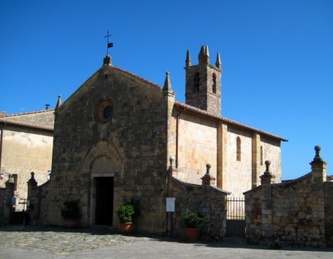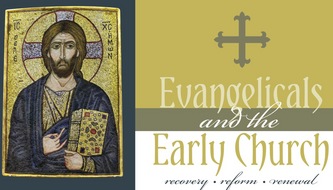 What did Jesus mean, in John 17, when he prayed that we might be “one”? Did he mean some kind of ecclesiastical organization?
What did Jesus mean, in John 17, when he prayed that we might be “one”? Did he mean some kind of ecclesiastical organization?
What does the Church mean when, in the billions of times of reciting The Apostles’ Creed, it says “I believe in the holy, catholic church”?
What do we mean when we recite from the Nicene Creed the following words? “One holy catholic and apostolic church.”
Are these words even meaningful for you? Do you ever long for some kind of visible unity? Or does this issue never arise for you?
It has arisen for John Armstrong and his new book, Your Church Is Too Small: Why Unity in Christ’s Mission Is Vital to the Future of the Church
, can only be called a robust call for evangelicals to drop their sectarian individualism and to work hard in local communities for all churches to work together for the mission of the gospel in this world. He calls his approach the missional-ecumenical church.
, can only be called a robust call for evangelicals to drop their sectarian individualism and to work hard in local communities for all churches to work together for the mission of the gospel in this world. He calls his approach the missional-ecumenical church.
Big one: Is there any sign of a unity of the church in your town or community?
I read John’s book recently and I find it hard to summarize without this becoming a lengthy post, so let me mention some of the highlights of this book: John tells his story of moving from a sectarian evangelical, tied as he was into his own personal salvation and his own personal reading of the Bible. He also talks of his profound encounter with God when he recited The Apostles’ Creed and came to terms with the profound meaning of “catholic”: that the Church of God is universal and that God would want us to cooperate and work together in God’s kingdom mission.
John has some pragmatic suggestions, like cooperating at the local level by different pastors and churches, and he wants us to see that unity we have will be more along the line of the missional work of God in this world instead of our explicit theologies.
Along the way, and this is a big emphasis, John discovered the Great Tradition — the ecumenical creeds — and how this Tradition can’t be ignored by evangelicals and that, when acknowledged, can bring more unity to our missional work in local communities.

